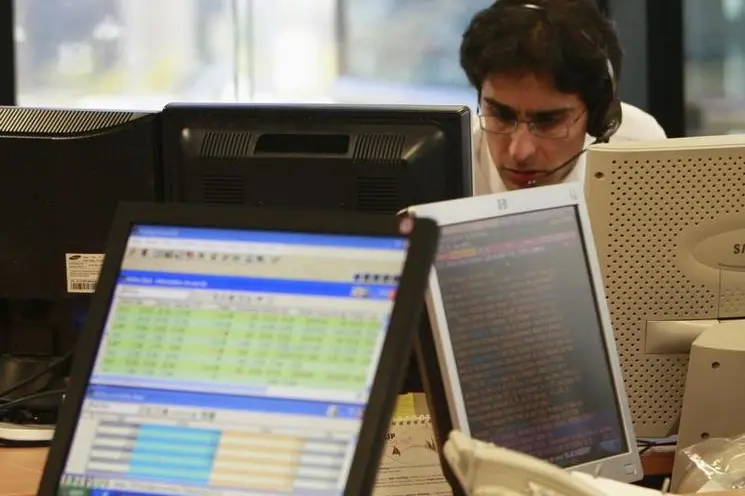PHOTO
BEIRUT: Lebanon's risk profile is rising sharply and some of its central bank tools are becoming less effective, the World Bank said on Tuesday in its autumn Lebanon Economic Monitor report.
The central bank has in response beefed up its foreign exchange reserves, lengthened the maturity of deposits and limited available liquidity, the report said.
Almost six months since a parliamentary election, Lebanon's politicians are yet to agree a unity government that must get to work on badly needed economic reforms. Politicians have warned of economic crisis unless a government is formed soon.
The country has the world's third largest public debt-to-GDP ratio, stagnant growth and what the International Monetary Fund (IMF) has said are increasing vulnerabilities in its financial system.
Reforms are needed to bring down twin deficits and reduce reliance on central bank operations which the IMF has described as unconventional.
Debt-to-GDP ratio is expected to continue rising "in an unsustainable path" toward 155 percent by the end of 2018, the World Bank report said.
"The risk profile for Lebanon is rising sharply in light of the convergence of a number of negative local and global factors, including global monetary conditions," it said. "Fiscal and electricity reforms are highlighted as priorities."
The World Bank said it has revised its projection for 2018 real GDP growth downwards to 1 percent from 2 percent. The halt in central bank subsidized lending is having a significant impact on the real economy, it said.
The formation of a new government and a programme of reforms would also likely unlock more than $11 billion worth of infrastructure investment pledged at a donors' meeting in Paris in April.
The World Bank report said it saw potential for Lebanon to "regain the confidence of its people and investors" after the parliamentary election in May. It also noted Lebanon would likely benefit from the reopening of an important border crossing between neighbours Syria and Jordan this month.
Still, hope of a quick government formation and the positive boost from the Paris donor conference have waned after weeks of political wrangling, the report said.
Attracting enough capital, especially deposits, has been challenging in light of slower deposit growth. "There is a near-complete void of government initiative to address macroeconomic imbalances," the report said.
Instead, central bank interventions, even when they succeed, "offer only temporary reprieve" and can have macro-financial risks, it added.
(Reporting by Lisa Barrington Editing by Mark Heinrich)





















